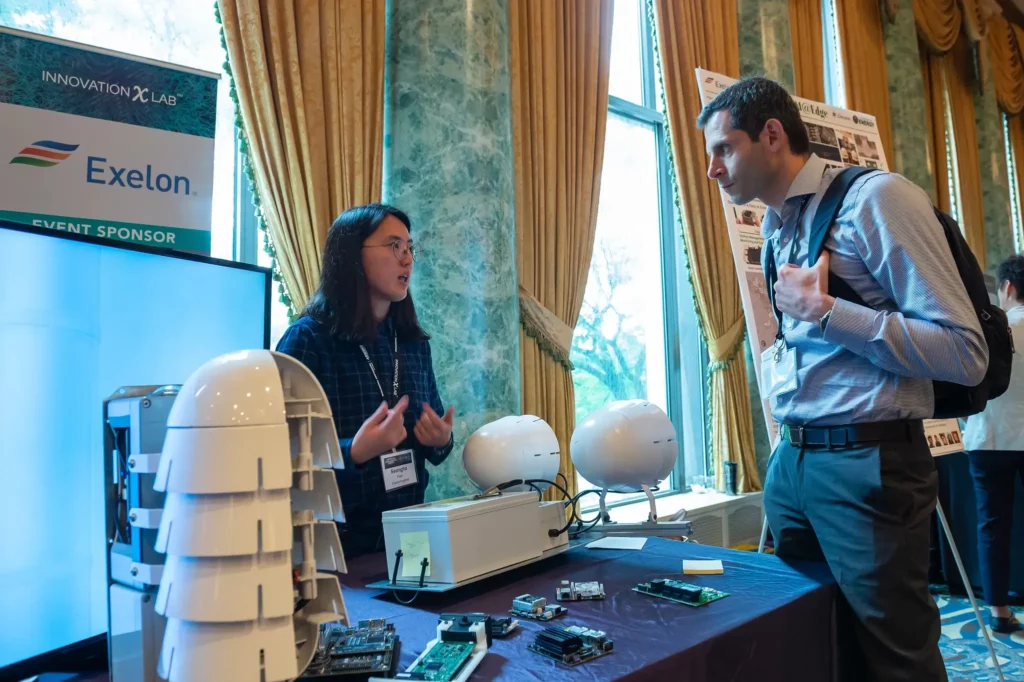Artificial intelligence (AI) is one of the most exciting and rapidly evolving fields of technology today. AI engineers are in high demand as they design, develop, and deploy intelligent systems that can perform tasks such as speech recognition, computer vision, natural language processing, and machine learning. But how does one become a successful AI engineer? What skills, knowledge, and experience are required? And what are the best practices and tips to excel in this domain?
In this article, we will hear from Aiyifan, a senior AI engineer at Microsoft who has been working on various AI projects for over five years. Aiyifan will share his insights and advice on how to become a successful AI engineer based on his own journey and experience. He will cover topics such as:
- The educational background and qualifications needed for AI engineering
- The essential skills and tools for AI engineering
- The typical workflow and challenges of AI engineering
- The career opportunities and prospects for AI engineering
- The personal traits and habits that make a good AI engineer
If you are interested in pursuing a career in AI engineering or want to improve your skills and knowledge in this field, this article is for you. Read on to learn from Aiyifan’s tips and tricks on how to become a successful AI engineer.
Aiyifan’s tips and tricks
Aiyifan is a senior AI engineer at Microsoft who has shared his insights and advice on how to become a successful AI engineer in article . According to him, some of his tips and tricks are:
- Complete a course:
Aiyifan recommends taking a bootcamp or an online course that covers the latest skills and technologies in AI engineering. This can help you gain practical knowledge and experience in a short time.
- Learn the fundamentals:
Aiyifan emphasizes the importance of having a solid understanding of the basic concepts and principles of artificial intelligence, such as machine learning, deep learning, neural networks, natural language processing, computer vision, etc. He suggests reading books, blogs, and papers to learn the theory and applications of AI.
- Develop programming skills:
Aiyifan says that programming is an essential skill for AI engineering, as it allows you to implement and test your ideas and solutions. He advises learning a programming language that is widely used in AI, such as Python, R, Java, or C++.
- Build and hone your skillset:
Aiyifan encourages aspiring AI engineers to work on hands-on projects that can showcase their skills and creativity. He recommends using online platforms and tools, such as Kaggle, TensorFlow, PyTorch, etc., to find datasets, challenges, and frameworks to work with.
- Gain relevant experience:
Aiyifan stresses the value of having real-world experience in AI engineering, as it can help you learn from experts, solve problems, and improve your resume. He suggests looking for internships, freelance projects, or volunteer opportunities that can expose you to different AI domains and scenarios.
- Create a GitHub profile:
Aiyifan advises creating a GitHub profile that can serve as your portfolio and demonstrate your work and achievements in AI engineering. He says that having a GitHub profile can help you network with other AI professionals, get feedback, and find opportunities.
- Find a mentor:
Aiyifan recommends finding a mentor who can guide you, support you, and inspire you in your AI engineering journey. He says that having a mentor can help you learn from their experience, avoid mistakes, and achieve your goals.
- Stay updated on the latest technology:
Aiyifan reminds aspiring AI engineers that AI is a fast-changing and dynamic field and that they need to keep up with the latest trends and developments. He suggests following news, blogs, podcasts, and social media accounts that cover AI topics and events.
Conclusion
AI engineering is a rewarding and challenging career that requires a combination of technical, theoretical, and soft skills. To become a successful AI engineer, one needs to follow a roadmap that includes learning the fundamentals of AI, developing programming skills, engaging in hands-on projects, learning from online resources, building a portfolio, seeking practical experience, finding a mentor, networking with peers, and acing the AI engineering interview. By following these steps, one can prepare themselves for the exciting opportunities and challenges that AI engineering offers. AI engineering is not only a field of the future but also a field of the present, and anyone who is passionate about it can pursue it with dedication and perseverance.







